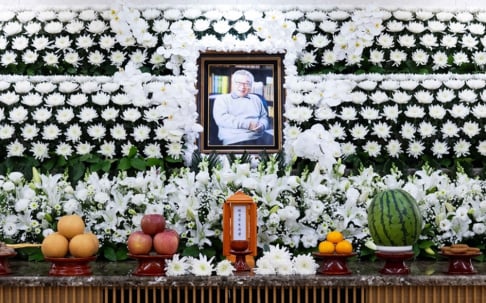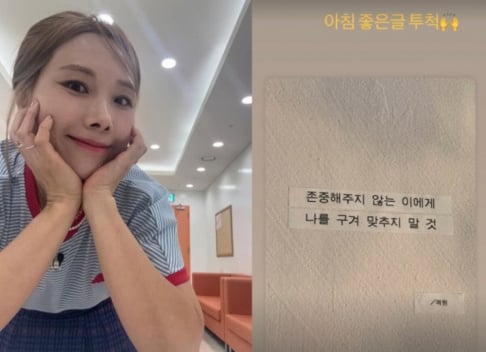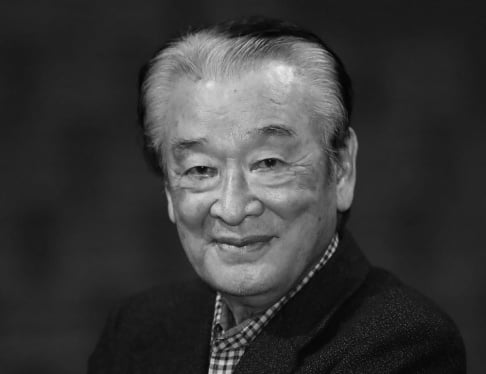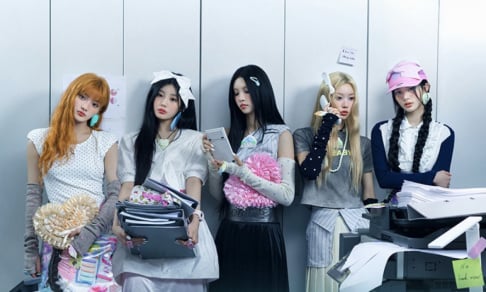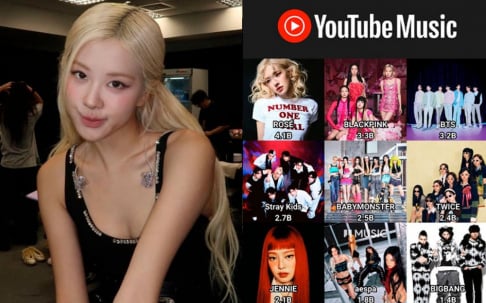
Music industry experts have now revealed the reason for Rosé’s withdrawal from the Korean Music Copyright Association (KOMCA) in 2024.
According to insiders, the uneven distribution of revenue from music streaming is becoming a serious problem in South Korea. When compared to other countries, music creators in Korea receive extremely small shares of the revenue from their music. According to the latest report, Korea distributes 10.5% of the revenue from streaming to the songwriters themselves. This is 2-5% less than the US (12.3%), the UK (16%), and Germany (15%). Meanwhile, domestic streaming platforms such as Melon take a much larger share of the profits (35%) than in other major advanced countries such as the US, UK, Germany, and Japan (average of 30%).
These numbers have shown a slight improvement over the years. In 2008, platforms like Melon took over 57% of the profit, while songwriters received only 5%.
Experts say that the main problem is that there are too many ‘middlemen’ involved in profit distribution. Music revenue must first be distributed to multiple copyright management organizations and other rights holders, before it ever reaches the original songwriters. In other countries, revenue often is only split between the artist and their publisher, leaving a larger share for the artist themselves.
Since much of the revenue that would otherwise be paid to Korean songwriters is instead paid to management companies as mandatory ‘management fees,’ the amount of revenue left for songwriters is decreased.
This is said to be the reason for Rosé withdrawing from KOMCA. Since Rosé’s music creates revenue from both Korea and other countries, she must pay fees to both an international music publisher AND a domestic publisher. These management fees would end up decreasing her share of revenue by up to 30%.
 SHARE
SHARE


